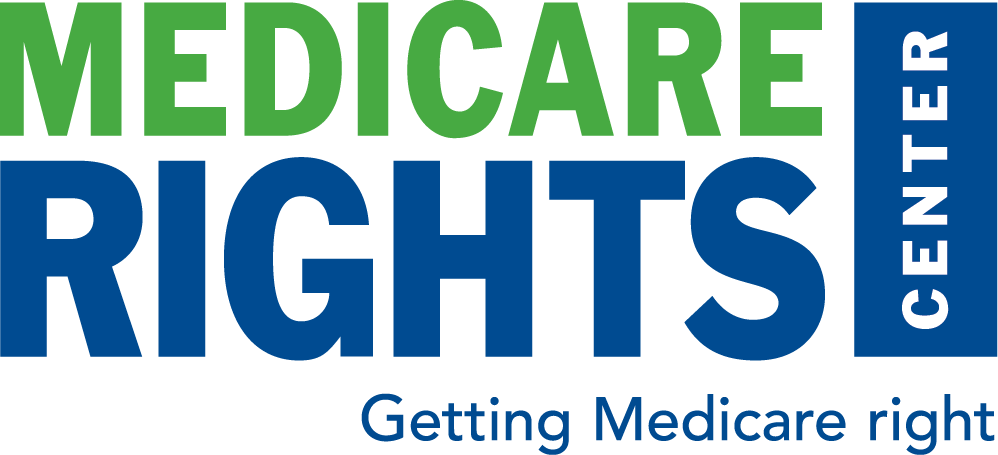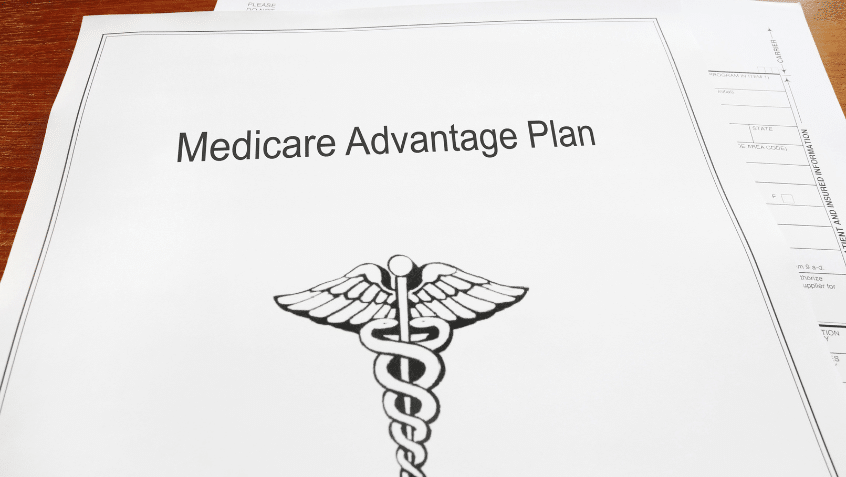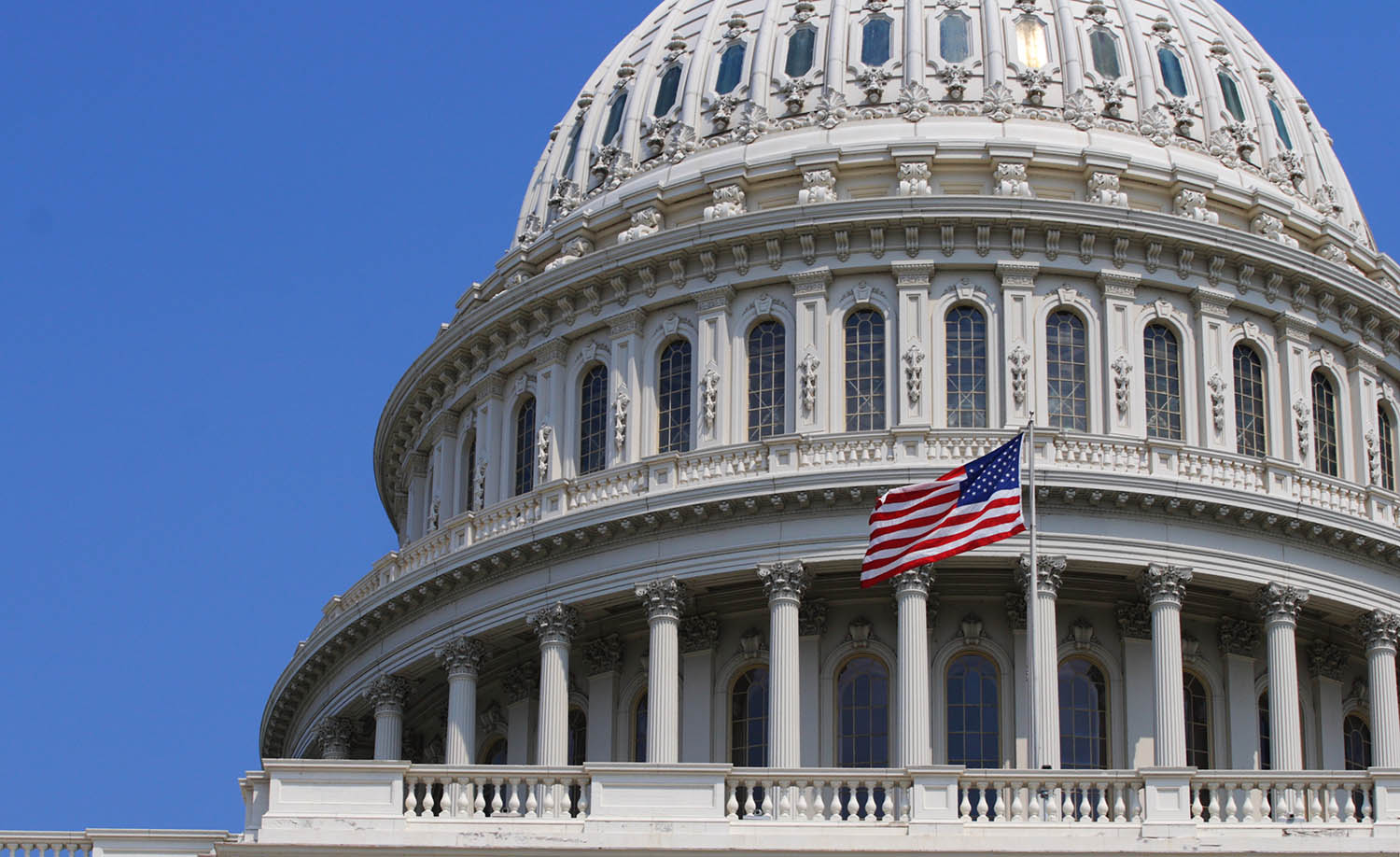
[x_blockquote cite=”Riley (Albany, OR) ” type=”left”]Dear Marci,
I’m turning 65 soon and I’m still working. Do I need to enroll in Medicare Part B when I’m first eligible, or can I delay it?
[/x_blockquote]
Dear Riley,
Deciding to delay Part B enrollment depends on a number of factors. Some people may want to delay Medicare Part B enrollment because they already have coverage from another source, and they do not want to pay the Part B premium on top of what they already pay for their other coverage. Before delaying Part B enrollment, you should consider the following questions.
1. Will I have a Part B Special Enrollment Period (SEP) to sign up for Medicare later? You must have access to a Part B SEP to be able to enroll in Part B outside of your Initial Enrollment Period (three months before, the month of, and three months after your 65th birthday month) or the General Enrollment Period (January 1 through March 31 each year; coverage becomes effective July 1). If you have a Part B SEP, then you will not have a late enrollment penalty for delaying Part B enrollment.
The Part B SEP begins when you are first eligible for Medicare and are covered by insurance as a result of your, your spouse’s, or in some circumstances, your family member’s current work. You have this SEP while you are covered by insurance from current work, and it extends for eight months after the coverage or work ends, whichever is sooner. If you use this SEP to enroll, then you will not have a late enrollment penalty for delaying Part B enrollment.
You cannot use this SEP if you delay Medicare enrollment while covered by retiree insurance from a former employer, COBRA, or retiree FEHB. If you delay Medicare Part B enrollment while covered by any of those types of insurance, you will have to wait for the General Enrollment Period (January 1 through March 31 each year; coverage becomes effective July 1) to enroll in Medicare and you may have a late enrollment penalty.
2. Will my other coverage pay primary or secondary to Medicare? If your other health insurance coverage will pay secondary to Medicare once you are eligible, then it is usually not advisable to delay Medicare Part B enrollment. Secondary insurance pays only after the Primary insurer has paid, and an insurance that is secondary to Medicare may refuse to pay for care and may take back any primary payments that it has made.
Your insurance from current employment may pay primary to Medicare. Whether this type of insurance will pay primary or not depends on how you are eligible for Medicare and how many people work for the company that provides the insurance. Insurance from your or your spouse’s current employment pays primary to Medicare if you are eligible for Medicare because you are 65 or older and the company has 20 or more employees. Insurance from your or your spouse’s current employment pays secondary to Medicare if you are eligible for Medicare because you are 65 or older and the company has fewer than 20 employees.
Riley, before you make a decision about Medicare Part B, you should always contact Social Security by dialing 800-772-1213 or visiting your local Social Security office. When you contact Social Security, use this list of questions to gather the correct information.
– Marci
The Latest
Most Read
Add Medicare to Your Inbox
Sign up to receive Medicare news, policy developments, and other useful updates from the Medicare Rights.









